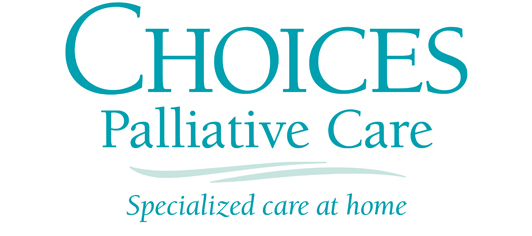Use the Tax Information Gathering Process to Enhance Your Financial Planning
 By John S. Stoner, CPA, CVA and member of Hospice & Community Care’s Planned Giving Council
By John S. Stoner, CPA, CVA and member of Hospice & Community Care’s Planned Giving Council
Most people dread the task of gathering information needed to prepare their income tax returns. Whether you use a tax professional or self-prepare your tax returns, the process can seem painful and stressful. The primary focus of this annual ritual is “do I get a refund”?
The information assembled to prepare an income tax return offers an opportunity to assess your “financial health,” similar to an annual medical checkup that is designed to track your “physical health.” In both situations, routine data is obtained and, when interpreted, provides valuable insight into the “patient’s condition.”
Review of tax source documents and your completed tax return can offer glimpses into your overall financial well-being:
- Form W-2: This document indicates how much compensation you have generated from your job, as an employee. It also indicates whether you are participating in an employer sponsored retirement plan, and what level of salary deferral you are contributing into your retirement account.
- Form 1099-INT, 1099-DIV and Composite Brokerage Statements: These documents provide an accounting of how many separate investment accounts you have, and the income generated from each account.
- Form 1099-R: This reports how much you received from pensions, annuities and distributions from qualified retirement accounts and IRAs.
- Year-End Bank Account and Investment Statements: You receive monthly bank statements and quarterly investment statements
that report account balances, investments held, funds added to and transferred out of the account. - Form 1098 Mortgage Interest Statement: If you own a home and have a mortgage obligation, this document provides information on the amount of your outstanding loan and interest expense incurred.
- Form 1040 Income Tax Return: The income tax return offers a summarized version of your primary sources of income for the year.
Like blood work and other diagnostic tests in the hands of your family physician, the above information can be used to gauge your “financial health.” Over time, this data can track the following vital signs associated with your financial condition:
- How much income are you generating and is it changing over time?
- Are you actively saving for retirement?
- How have your investments been performing?
- How much do you have saved for retirement purposes?
- Are you depleting retirement accounts?
- Should you consider refinancing your mortgage to get a lower interest rate?
Asking the above questions and taking corrective actions as necessary can help improve your chances of being financially prepared for retirement. It is never too early to begin the planning process. The mandatory tax filing season can be a good stimulus to address these types of questions.
John S. Stoner, CPA, CVA, is a Partner in the Business Consulting Services Group of RKL LLP. He can be reached at jstoner@rklcpa.com.
A few key provisions of the CARES (Coronavirus Aid, Relief, and Economic Security) Act were extended into the new year. Contact Hospice & Community Care’s Director of Philanthropy, Amy Lewis, at (717) 735-8729 or alewis@hospicecommunity.org to learn about tax incentives when you make a gift to Hospice & Community Care and what the new stimulus package means for you in 2021.

 Back
Back
Keep in touch.